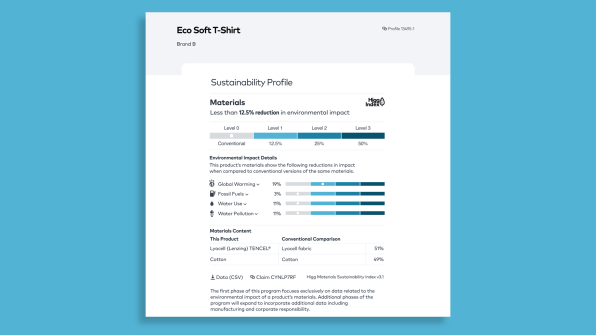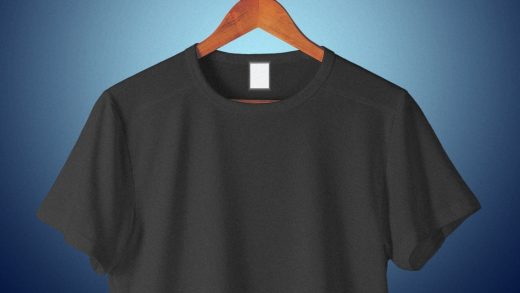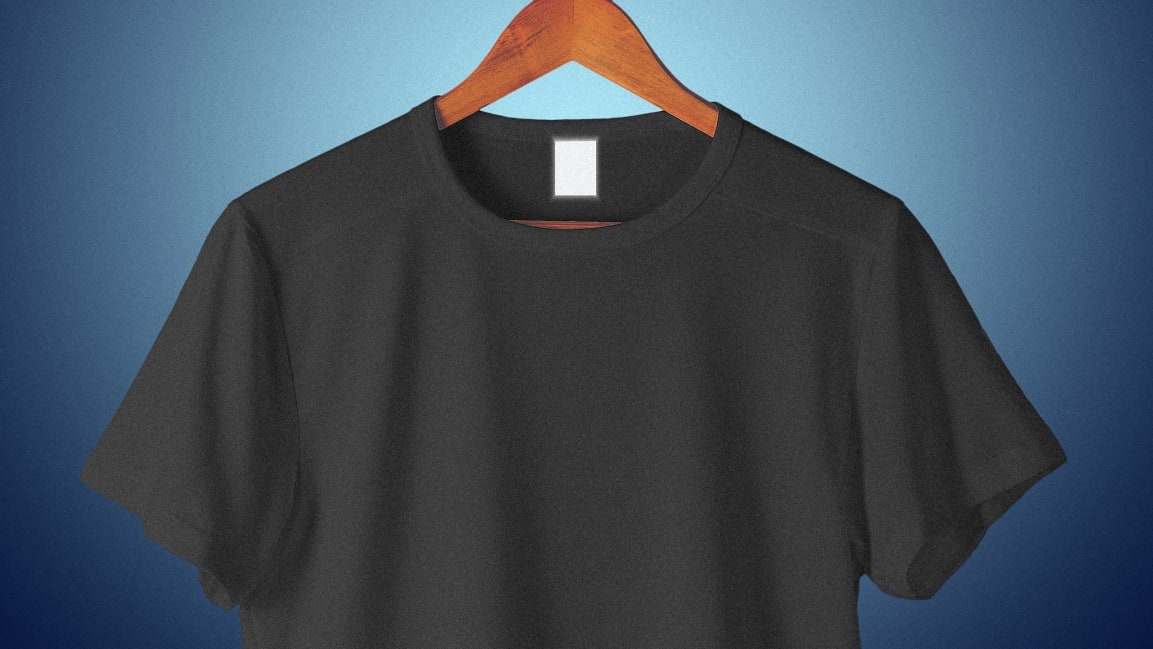This scorecard will tell you the environmental impact of your new H&M t-shirt
“For us, the end goal has always been how you put credible, standardized, trusted information in the hands of consumers, so they can make more informed decisions about what they’re buying and who they’re buying it from,” says Amina Razvi, executive director of the Sustainable Apparel Coalition, the nonprofit alliance that developed the new scorecard along with Higg, a technology partner.

The scorecard shows how a given fabric compares to conventional materials—a recycled cotton T-shirt, for example, versus a T-shirt made from regular cotton—on factors like water use, the carbon footprint, the use of fossil fuels, and water pollution. The scorecard gives products that have a lower impact than conventional items a score from 1 to 3. (H&M, so far, has 31 products that have a score of 1 or higher.) Brands submit their own material data, which is verified by a third party. Over the next year and a half, the scorecard will add more data, including the impacts from the factories that make each shirt or pair of jeans.
While some companies already report sustainability impacts for some products, this standardized tool will make it easier for consumers to directly compare between brands. The scores might not be as clear as true lifecycle analysis data—some other companies, like the beauty brand Cocokind, are adding much more detailed environmental statistics on product packaging. But it does help show which products might have an edge. The highest-performing products will be able to add a new seal to show that they have less environmental impact.
H&M is adding the new sustainability profiles to selected products now, and will continue rolling it out this year. Norrona, a Norwegian brand, is also adding the scorecards on its site. Amazon is adding the seal to its Climate Pledge Friendly program, which shows customers a selection of more sustainable products. C&A, Salomon, Tommy Hilfiger, and Zalando will add the profiles in the coming months.
As consumers can more easily see the impact of products, it could push companies to do better. “It can spur innovation,” Razvi says. “We’re already starting to see that with companies like H&M and Levi’s, looking at the increasing demand for more transparency and more sustainable products. It will help them to innovate on not just the products that they make, but how those products are being made.”
(48)



